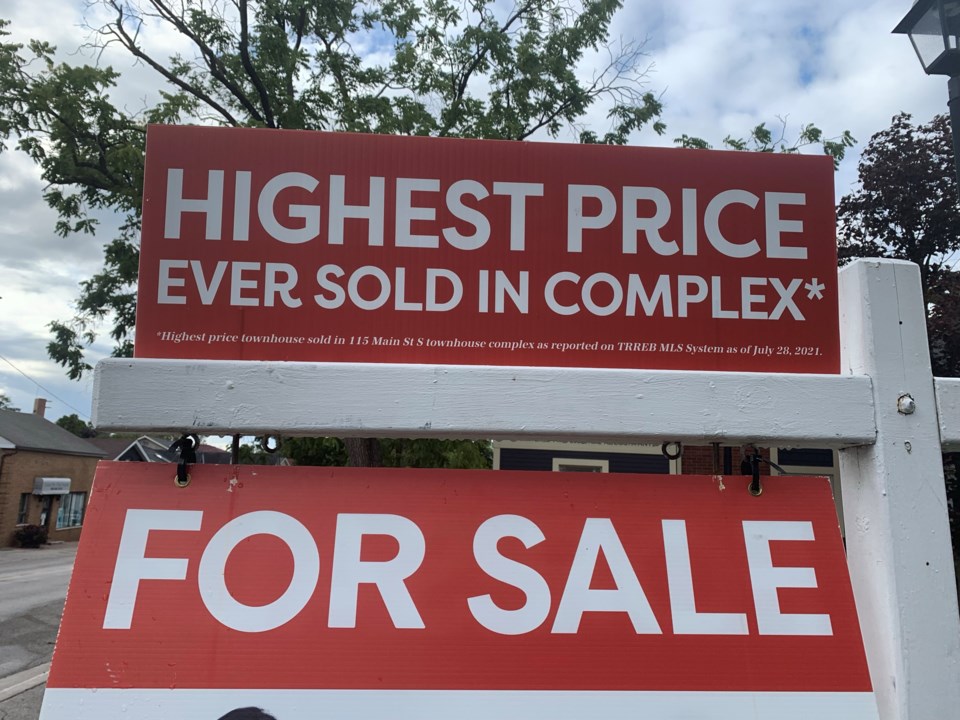York Region residents expressed some mixed opinions and pushed for answers on the region’s exploration of a vacant housing tax July 7.
More than 25 attended a virtual town hall as part of a consultation process on a tax on vacant properties. The region has estimated there are approximately 4,000 vacant properties within its boundaries, with a one or two per cent vacant housing tax potentially costing the average vacant home owner between $8,000 and $16,000 per year.
But Nick Barbour of KPMG said the proposal is not meant as a revenue generator, but more to address homes left empty for reasons such as price speculation.
“The real objective to it is to expand the housing supply,” he said. “And ultimately address housing affordability issues for citizens.”
The region is conducting a feasibility study into the tax after a council resolution last fall. A decision on a bylaw is expected in the first quarter of 2023.
Some residents wanted a tax in place already.
“It seems eminently sensible,” Unionville resident Kenneth Wightman said, adding he would like it put on a ballot. “I would suspect a lot of people would want to approve it.”
Not everyone is outright supportive of a tax, however.
Andy Lai said he owns a second home but opted against renting it out after a negative experience. He noted that rent control is far below the rate of inflation, at 2.5 per cent compared to more than seven per cent.
“I’m getting punished,” Lai said. “Is this something we can consider incentivizing to put their house on the market rather than punishing people who have legitimate reasons for doing so?”
“It’s exactly the kind of feedback we want to hear,” York’s co-project manager Dave Cohen said. “We want to hear and need to hear not just folks who are in favour of this, but folks who have some concerns.”
But resident Kenneth Koon said there needs to be careful consideration before incentivizing those who can afford multiple homes versus those in need of them.
“Having a second home really is a privilege. It’s a privilege in a society we live in today when many people cannot even afford their first homes,” he said.
Attendees asked several questions about the tax parameters, which staff indicated are still to be determined. One exemption area could come for seasonal properties, namely in the Georgina area.
“The intent is to transition homes that are left vacant that could be homes for people on the open market,” York’s manager of strategic housing initiatives Michael Backs said. “Seasonal properties, particularly ones that are not able to be occupied for 12 months of the year … would certainly be exempt. Along with that, I don’t think the intent is to tax cottage owners.”
The method to determine vacancy is also still considered. Manager of tax and intergovernmental revenue Bonny Tam said Vancouver has every homeowner required to declare whether or not a home is vacant, while also relying on reports from neighbours.
Tam also said the tax would likely be kept at the regional level, which the province prefers.
The region is still gathering feedback on the tax. You can fill out a survey at york.ca/vacanthomestax. Another virtual town hall will also run July 11 from 5 to 6 p.m.
“Thank you so much for joining us tonight. It has been super valuable for us,” strategist Casey Hinton said. “We got our work cut out for us.”
